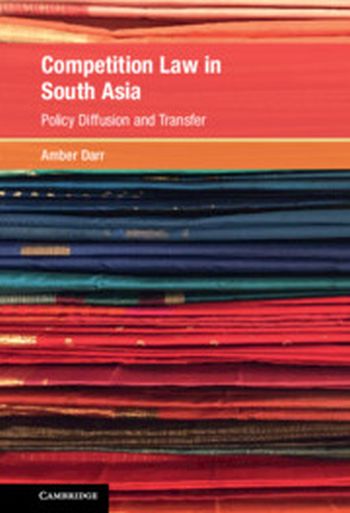
In the last twenty years, South Asian countries have increasingly engaged with modern competition legislation. Yet, apart from India and Pakistan, the countries in this region have had little success enforcing these laws. Competition Law in South Asia analyses the mechanisms and institutions through which Bangladesh, Bhutan, India, Pakistan, Maldives Nepal, Sri Lanka, and Afghanistan have engaged with modern competition legislation. The book argues that the success (or failure) of competition reform in these countries is inextricably linked to the unique interplay of mechanisms and legal and political institutions through which these countries have engaged with competition legislation. The book provides an in-depth comparative analysis of the adoption and implementation continuum in India and Pakistan, the compatibility and legitimacy generated by the adoption process, and its impact on implementation. Taking a far-reaching, comparative approach, the book draws lessons not only for countries in South Asia but also for emerging economies across the globe.